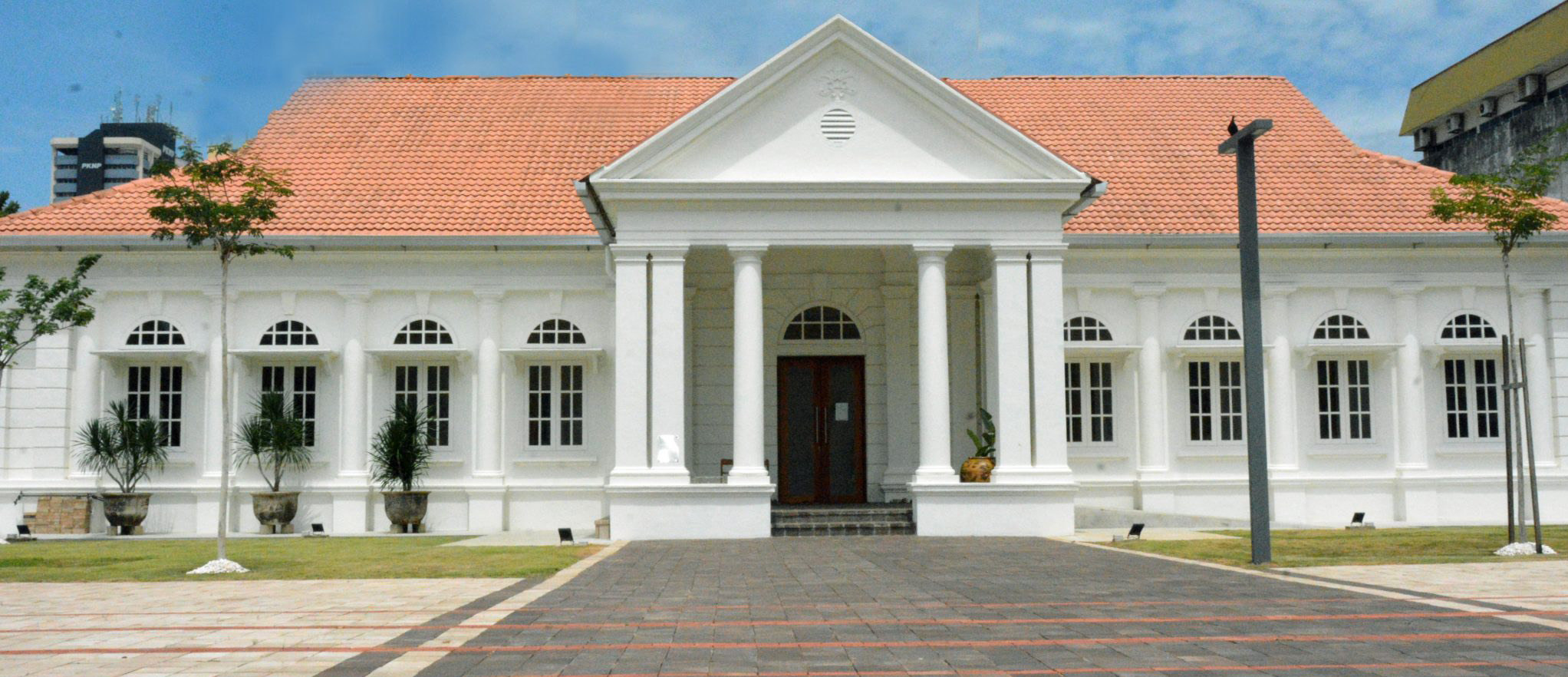The Open Sea: (Record no. 3504)
[ view plain ]
| 000 -LEADER | |
|---|---|
| fixed length control field | 02106nam a22002057a 4500 |
| 003 - CONTROL NUMBER IDENTIFIER | |
| control field | PMNP |
| 005 - DATE AND TIME OF LATEST TRANSACTION | |
| control field | 20250626103242.0 |
| 008 - FIXED-LENGTH DATA ELEMENTS--GENERAL INFORMATION | |
| fixed length control field | 250626b |||||||| |||| 00| 0 eng d |
| 020 ## - INTERNATIONAL STANDARD BOOK NUMBER | |
| International Standard Book Number | 9780691151748 |
| 040 ## - CATALOGING SOURCE | |
| Original cataloging agency | PMNP |
| Language of cataloging | eng |
| Transcribing agency | Kutubkhanah Diraja |
| 082 ## - DEWEY DECIMAL CLASSIFICATION NUMBER | |
| Classification number | 330.9403 |
| 100 ## - MAIN ENTRY--PERSONAL NAME | |
| 9 (RLIN) | 3655 |
| Personal name | Manning, Joseph Gilbert |
| 245 ## - TITLE STATEMENT | |
| Title | The Open Sea: |
| Remainder of title | The Economic Life of the Ancient Mediterranean World from The Iron Age to the Rise of Rome |
| Statement of responsibility, etc. | J,G, Manning |
| 260 ## - PUBLICATION, DISTRIBUTION, ETC. | |
| Place of publication, distribution, etc. | Princeton, NJ |
| Name of publisher, distributor, etc. | Princeton University Press |
| Date of publication, distribution, etc. | 2018 |
| 300 ## - PHYSICAL DESCRIPTION | |
| Extent | 414p |
| 520 ## - SUMMARY, ETC. | |
| Summary, etc. | n The Open Sea, J. G. Manning offers a major new history of economic life in the Mediterranean world in the Iron Age, from Phoenician trading down to the Hellenistic era and the beginning of Rome's imperial supremacy. Drawing on a wide range of ancient sources and the latest social theory, Manning suggests that a search for an illusory single "ancient economy" has obscured the diversity of lived experience in the Mediterranean world, including both changes in political economies over time and differences in cultural conceptions of property and money. At the same time, he shows how the region's economies became increasingly interconnected during this period.<br/><br/>The Open Sea argues that the keys to understanding the region's rapid social and economic change during the Iron Age are the variety of economic and political solutions its different cultures devised, the patterns of cross-cultural exchange, and the sharp environmental contrasts between Egypt, the Near East, and Greece and Rome. The book examines long-run drivers of change, such as climate, together with the most important economic institutions of the premodern Mediterranean--coinage, money, agriculture, and private property. It also explores the role of economic growth, states, and legal institutions in the region's various economies.<br/><br/>A groundbreaking economic history of the ancient Mediterranean world, The Open Sea shows that the origins of the modern economy extend far beyond Greece and Rome. |
| 650 #0 - SUBJECT ADDED ENTRY--TOPICAL TERM | |
| 9 (RLIN) | 1094 |
| Topical term or geographic name entry element | History, Ancient |
| 942 ## - ADDED ENTRY ELEMENTS (KOHA) | |
| Source of classification or shelving scheme | |
| Koha item type | Books |
| Suppress in OPAC | No |
| Withdrawn status | Lost status | Source of classification or shelving scheme | Damaged status | Not for loan | Home library | Current library | Shelving location | Date acquired | Total Checkouts | Full call number | Barcode | Date last seen | Price effective from | Koha item type |
|---|---|---|---|---|---|---|---|---|---|---|---|---|---|---|
| Perbadanan Muzium Negeri Pahang | Annexe Office | Annexe | 06/26/2025 | 330.9403 | 2025-0333 | 06/26/2025 | 06/26/2025 | Books |
